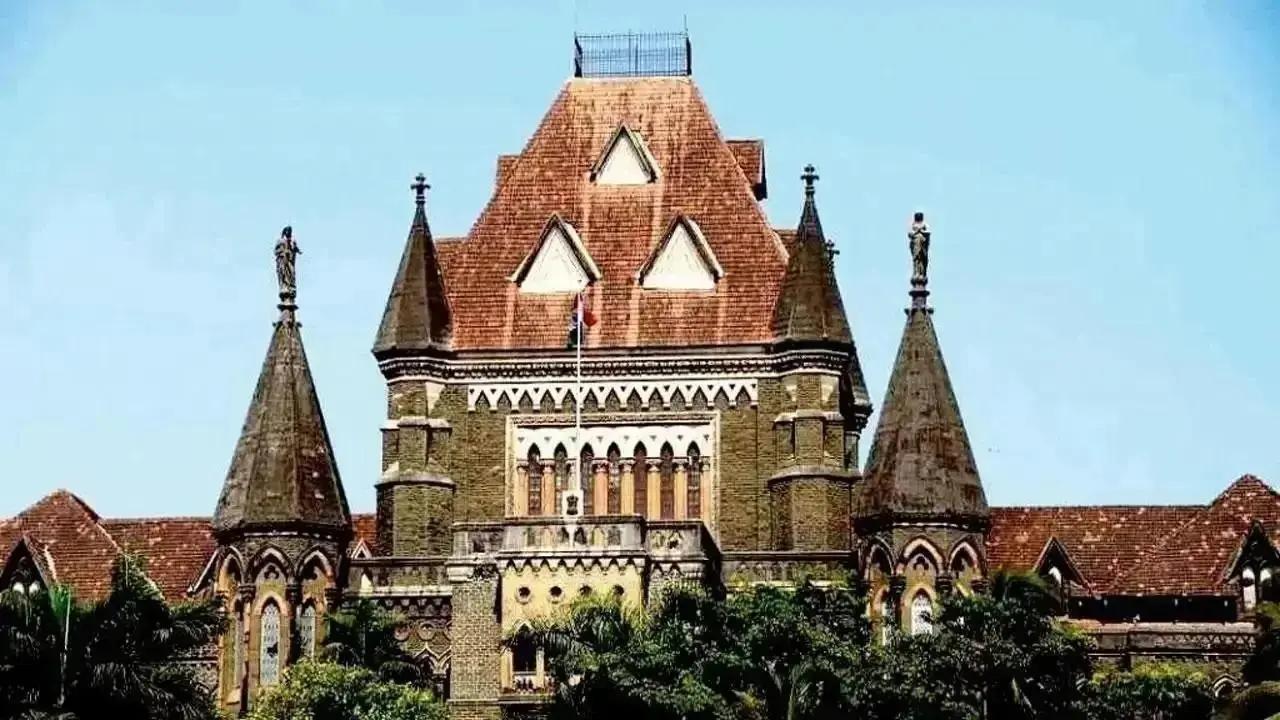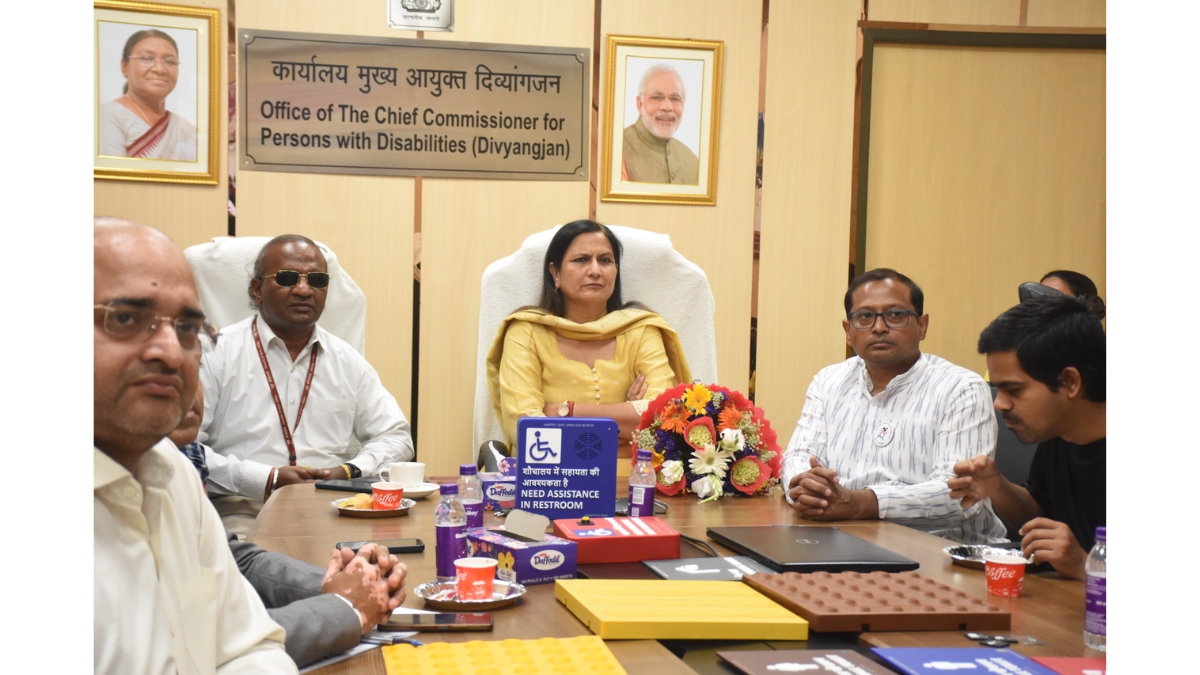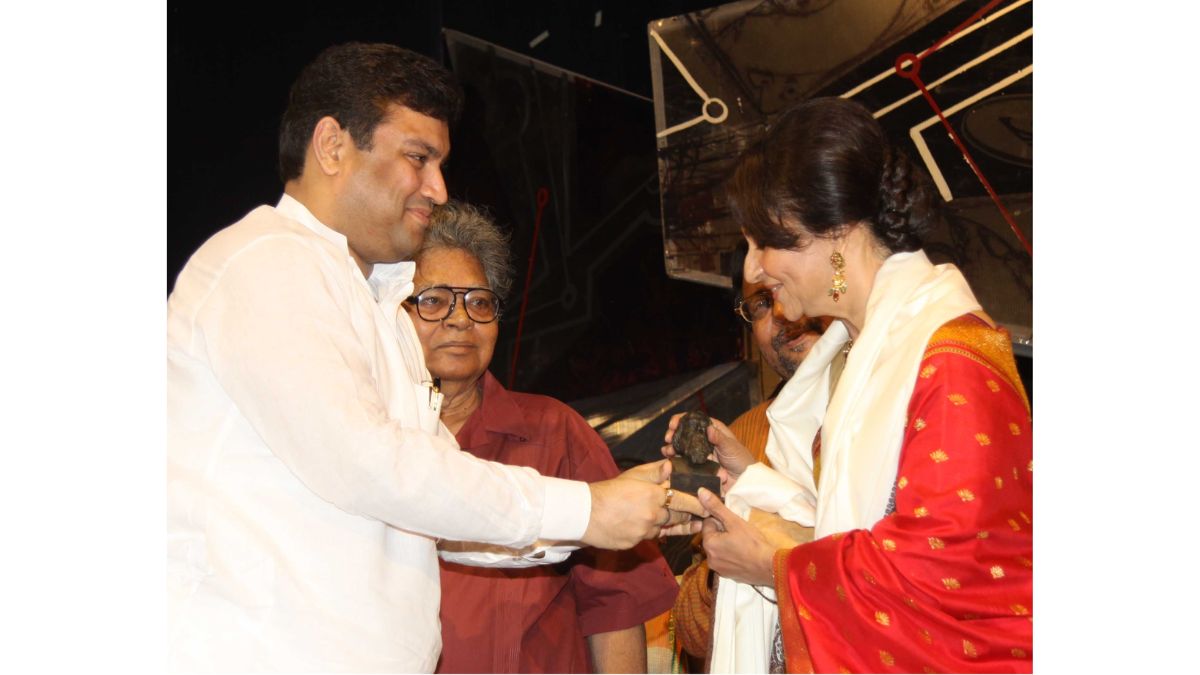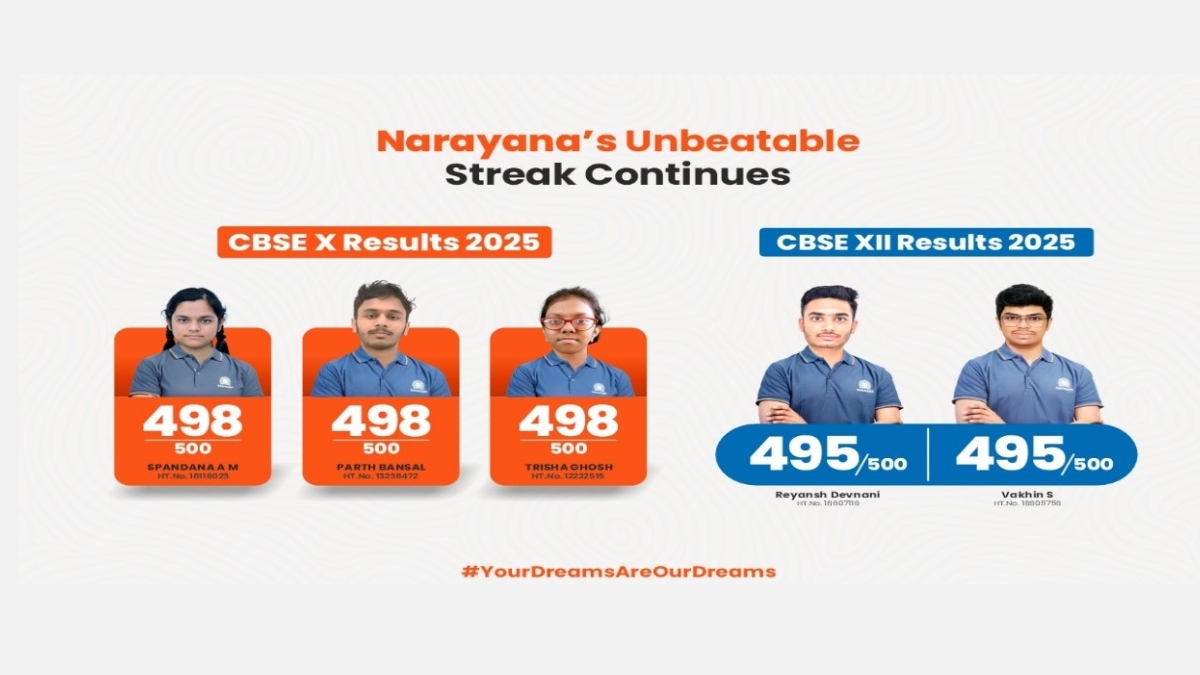Right to sleep a basic human need, says HC on ED questioning sr citizen midnight

The right to sleep is a basic human requirement, which cannot be violated, the Bombay High Court said on Monday deprecating the Enforcement Directorate (ED) for questioning a senior citizen throughout the night in a money laundering case.
A division bench of Justices Revati Mohite-Dere and Manjusha Deshpande said statements must be recorded during earthly hours and not at night when a person`s cognitive skills may be impaired.
The court gave the order in a plea filed by 64-year-old Ram Issrani challenging his arrest by the probe agency in a money laundering case. The ED arrested Issrani in August 2023.
In his plea, Issrani claimed that his arrest was illegal and unwarranted as he had been cooperating with the probe and had appeared before the agency whenever he was issued summons. On August 7, 2023, Issrani appeared before the agency as per the summons issued, and he was questioned throughout the night and arrested in the case the next day, the plea stated.
The bench dismissed the petition but said it disapproved of the practice of questioning the petitioner through the night.
The probe agency`s counsel, Hiten Venegaonkar, submitted to the court that Issrani had consented to his statement being recorded through the night. As per the plea, Issrani was questioned till 3 am by ED officials.
“Voluntary or otherwise, we deprecate the manner in which the petitioner`s statement was recorded so late in the night, which went on post midnight till 3.30 am,” the court said. “The `right to sleep` / `right to blink` is a basic human requirement, inasmuch as, non-providing of the same, violates a person`s human rights,” it observed.
Lack of sleep affects a person`s health and may impair his mental faculties, cognitive skills and so on, it said. “The said person, so summoned, cannot be deprived of his basic human right i.e. right to sleep, by the agency, beyond a reasonable time. Statements must necessarily be recorded during earthly hours and not in the night when the person`s cognitive skills may be impaired,” the bench said.
The court noted that when a person is summoned for questioning, the investigating agency was yet to arrive at a “reason to believe” that the said person is guilty of an offence. The bench noted that the petitioner had appeared before the agency to record his statement in the past. The petitioner could have been summoned on some other day or even the next day instead of keeping him waiting after midnight, despite his alleged consent, it said.
“Consent is immaterial. Recording of statement, at unearthly hours, definitely results in the deprivation of a person`s sleep, a basic human right of an individual. We disapprove of this practice,” the court said. The court said it deems it appropriate to direct the ED to issue a circular/directions about the timings to record statements when summons are issued.
The bench posted the matter for compliance on September 9.
This story has been sourced from a third party syndicated feed, agencies. Mid-day accepts no responsibility or liability for its dependability, trustworthiness, reliability and data of the text. Mid-day management/mid-day.com reserves the sole right to alter, delete or remove (without notice) the content in its absolute discretion for any reason whatsoever.

Atul Tiwari is a seasoned journalist at Mumbai Times, specializing in city news, culture, and human-interest stories. With a knack for uncovering compelling narratives, Atul brings Mumbai’s vibrant spirit to life through his writing.





